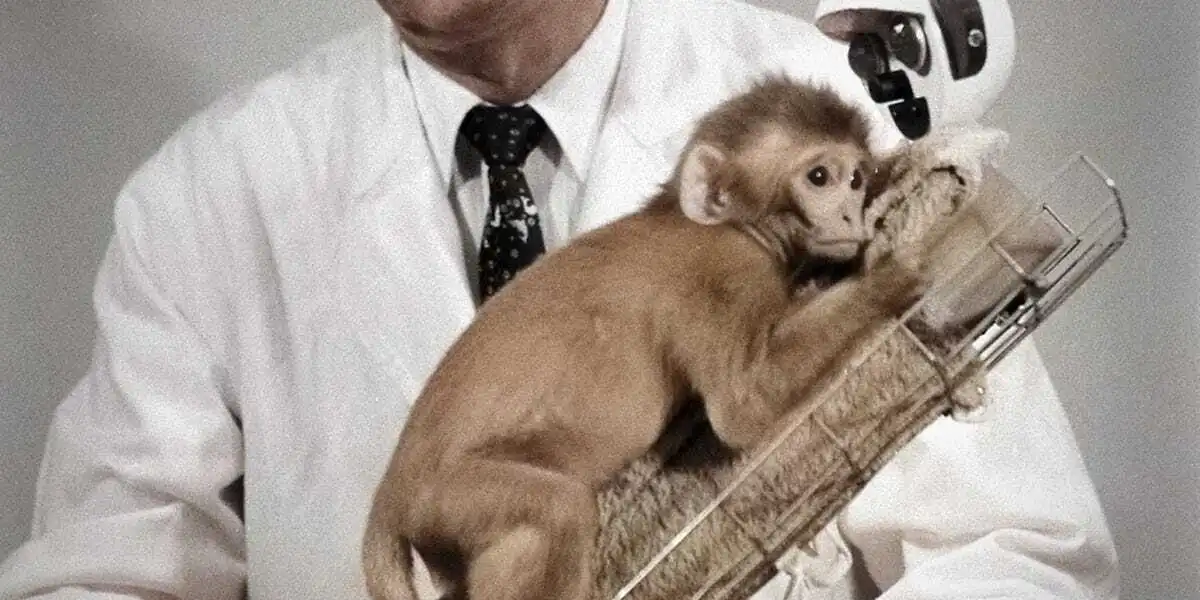"Our Wire Mothers" - It's important for us to be careful that our technology does not supplant the human need for socialization.
"Our Wire Mothers" - It's important for us to be careful that our technology does not supplant the human need for socialization.

www.staygrounded.online
Our Wire Mothers

This newsletter is free, just click "no thanks" at the popup if you don't want to subscribe.

